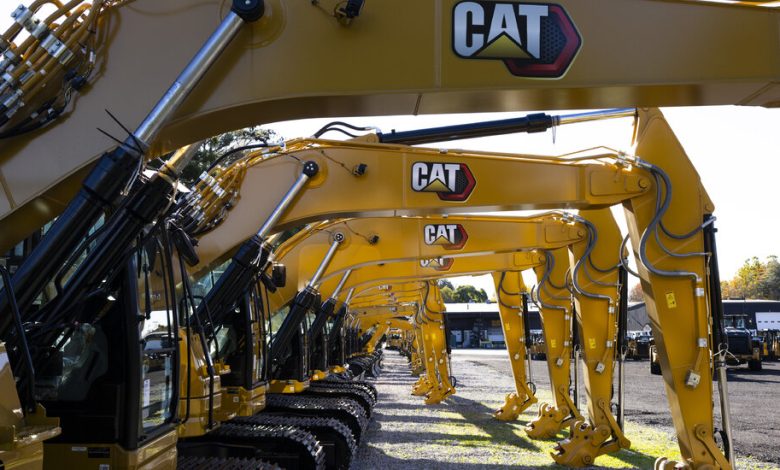U.A.W. Says Lax Enforcement of Trade Deal Has Cost U.S. Jobs

Over the past few years, as major manufacturers have announced plans to ramp up production in Mexico, labor unions have raised concerns that American jobs will be sent abroad.
Now, the concerns have prompted the United Automobile Workers union, a prominent backer of President Biden, to criticize an administration decision not to pursue accusations of labor abuses by a Mexican subsidiary of Caterpillar, the agriculture equipment maker.
In late June, the administration informed a group of unions that it would not pursue a complaint that the subsidiary had retaliated against striking union members by making it difficult for them to find alternative employment, a form of blacklisting.
The government’s ability to police such violations, under a provision of the United States-Mexico-Canada Agreement, the successor to the North American Free Trade Agreement, is meant to reduce the incentive for American employers to move jobs to Mexico in search of weaker labor protections. The U.A.W. argues that, by declining to use its authority under the trade agreement in this case, the Biden administration may be encouraging companies to relocate work.
Caterpillar workers in Mexico “face harassment and blacklisting for daring to stand up, with no help from the U.S.M.C.A.,” Shawn Fain, the president of the U.A.W., said in a statement. The U.A.W. was among several labor groups that brought the complaint.
The Biden administration would not comment on the complaint, but pointed to two dozen other cases it had pursued under the trade agreement. Caterpillar did not respond to requests for comment.